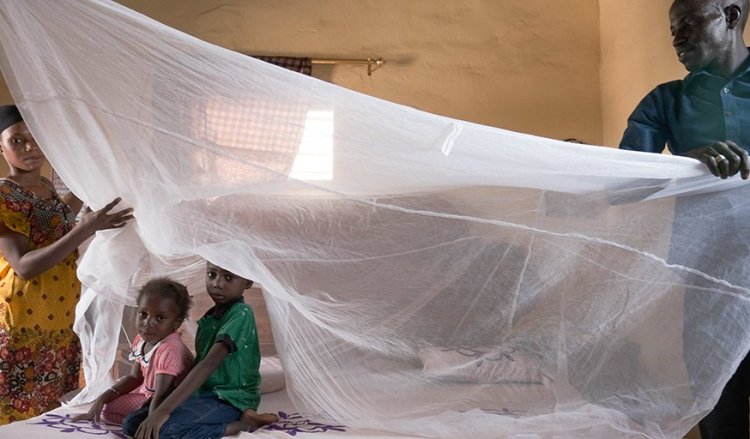WHO Review Reveals Need for Research on Climate Change Impact on Malaria and NTDs
Rising temperatures and changing weather patterns are altering the spread of vector-borne diseases, with serious implications for human health.

The World Health Organization’s (WHO) Task Team on Climate Change, Neglected Tropical Diseases (NTDs), and Malaria, in collaboration with Reaching the Last Mile (RLM), has published a comprehensive scoping review in the journal Transactions of the Royal Society of Tropical Medicine and Hygiene. This review, which analyzed 42,693 articles, reveals a significant gap in understanding the actual and potential impacts of human-induced climate changes on malaria and NTDs.
Rising temperatures and changing weather patterns are altering the spread of vector-borne diseases, with serious implications for human health. As disease vectors such as mosquitoes expand their geographic range, the risk of introducing or reintroducing diseases to new, unprepared areas increases. The review highlights that shifts in the prevalence, incidence, range, and intensity of malaria and various NTDs will likely affect communities already disproportionately impacted by these diseases the hardest.
“The findings presented in this major review underscore the need for more comprehensive, collaborative, and standardized modelling to better understand and predict the effects of climate change on malaria and NTDs,” said Dr. Ibrahima Socé Fall, Director of WHO’s Global NTD Programme. “This timely review reveals alarming trends and calls for urgent action. Malaria transmission is expected to move both polewards and to higher altitudes, while the mosquito vector responsible for transmitting dengue and chikungunya is predicted to expand its range. To protect and build upon the hard-won victories of the past two decades, immediate mobilization is crucial.”
Despite these concerns, the review points out that existing research has predominantly focused on countries with low disease burdens and high access to quality healthcare, measured using the Healthcare Access and Quality Index (HAQI). This focus neglects the communities most vulnerable to the impacts of climate change on malaria and NTDs, posing an emergency for historically underserved populations.
“The climate crisis threatens to undo decades of progress in global health and development,” said Tala Al-Ramahi, Chief Strategy Officer of Reaching the Last Mile. “Greater investment in research is urgently needed to develop timely, evidence-based interventions and to anticipate and mitigate the worst consequences of climate change on human health.”
The review found that only 34% of the studies (174 studies) addressed mitigation strategies, and a mere 5% (24 studies) focused on adaptation methods. This lack of evidence hinders efforts to protect the progress made against malaria and NTDs in recent decades, risking a significant setback due to the climate crisis.
“We have recently witnessed the effects of extreme weather events on malaria, and these events are only expected to become more frequent,” said Dr. Daniel Ngamije Madandi, Director of WHO’s Global Malaria Programme. “As climate change disproportionately affects the poorest people, who are also the most impacted by malaria and NTDs, a more equitable, comprehensive, and sustainable response is essential.”
The scoping review assessed the impact of climate change on malaria and NTDs by analyzing peer-reviewed papers and grey literature published between January 2010 and October 2023. Researchers summarized the data and analyzed the distribution of studies by country, correlating the number of publications with national disease burdens, HAQI scores, and climate vulnerability scores. Out of the 42,693 records retrieved, 1,543 full-text papers were examined, with 511 meeting the inclusion criteria. Of these, 185 papers addressed malaria, 181 focused on dengue and chikungunya, and 53 reported outcomes on leishmaniasis. Other NTDs were significantly under-represented, indicating a need for more research in these areas.
ALSO READ
Turbulence in the Skies: Airlines Brace for Impact of Climate Change
India's Deadly Heatwave and Cyclone Devastation: Climate Change Catastrophe
El Nino and Climate Change: Unprecedented Flooding in Southern Brazil
Surviving Climate Change: The Churata Ranchers' Adaptive Journey
Climate Change and New Zealand's Space Ambitions: Highlights from Recent Science News










